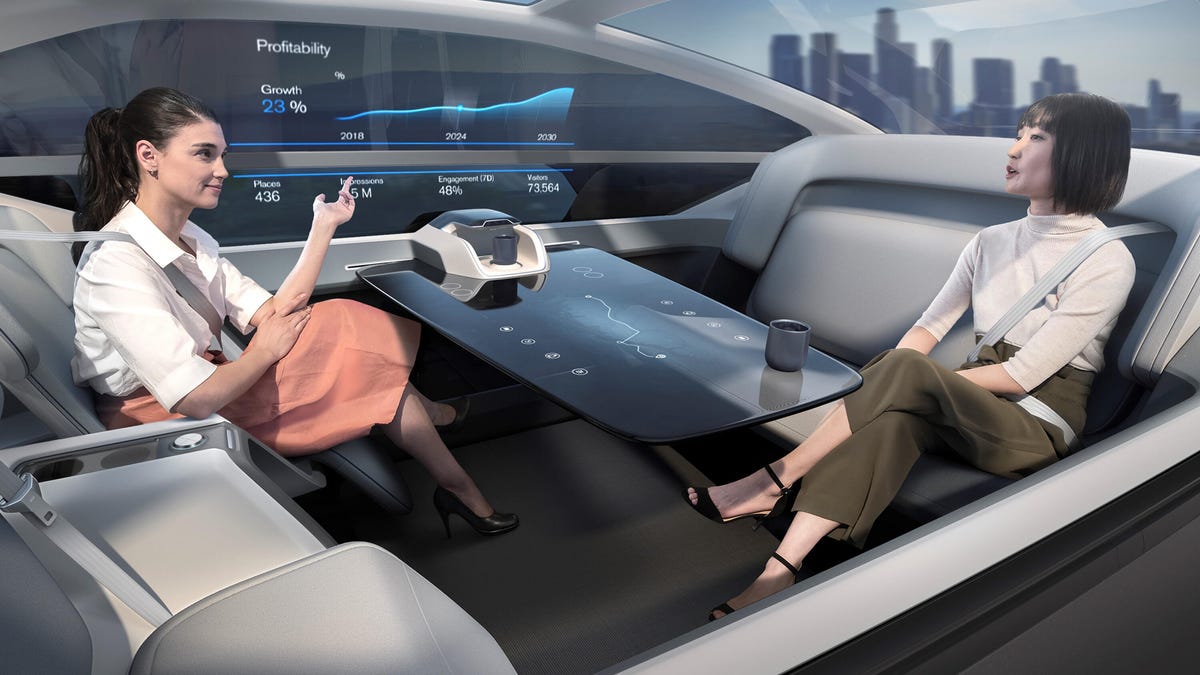Turns out humans want self-driving cars to possess a personality
And not just any personality, but one that checks a few key factors in human social science.

Just how we get along with certain other people, we need to make sure we get along with our robots.
Humans are complex creatures. The way we forge relationships and interact with others isn't the simplest thing to explain, but thanks to social scientists, we have a basic outline for how personalities mesh with one another.
But this is the 21st century, transportation is changing and now science is exploring how humans can best get along with robots -- including self-driving cars. A new study from the University of Michigan released Thursday showed humans much preferred their experience with an autonomous vehicle when it exhibited an ideal personality that included three of the "big five" personality traits, defined as: agreeableness (being considerate), consciousness (possessing self-control) and emotional stability (being well-adjusted).
Openness to experience and extroversion are considered the other two major personality factors, though this study found no links between those two factors and how participants perceived a self-driving car.
No wheel, no pedals, no driver, no problem.
The study took 443 participants with a mean age of 42.7 years old and had them score their own personality. From there, they were placed in an immersive video where a self-driving car drove them around. Here, the autonomous car exhibited its own personality with styles ranging from normal to aggressive, driving in sunny or snowy weather conditions.
The results were conclusive; even if a human rider scored below average in agreeableness, consciousness and emotional stability, they still preferred the autonomous vehicle that showed these traits.
Throughout the study, safety remained the dependent variable, which human riders scored to showcase how they perceived a ride in the vehicle. Riders reported safety scores between 8.9% and 13.8% higher if the self-driving car possessed one of the three ideal traits. Those who participated felt least safe when they scored high in these categories, but felt the self-driving car didn't exhibit these personality traits.
The work carried out is meant to give automakers and technology companies insight into how humans can better adapt to self-driving cars. The perception factor is huge; if humans don't think the way autonomous vehicles act is safe, then it's likely humans won't use them. But while it's important for self-driving cars to operate in a way that makes humans feel comfortable, that's likely not the end of it.
"Imagine the moment you get into an autonomous [ride-hailing] vehicle, it pings your cell phone to update its driving style, [its] voice and the way it interacts with you," said Lionel Robert, associate professor at the School of Information. With this, he imagines autonomous cars could literally come with customized personalities to best match a rider.

